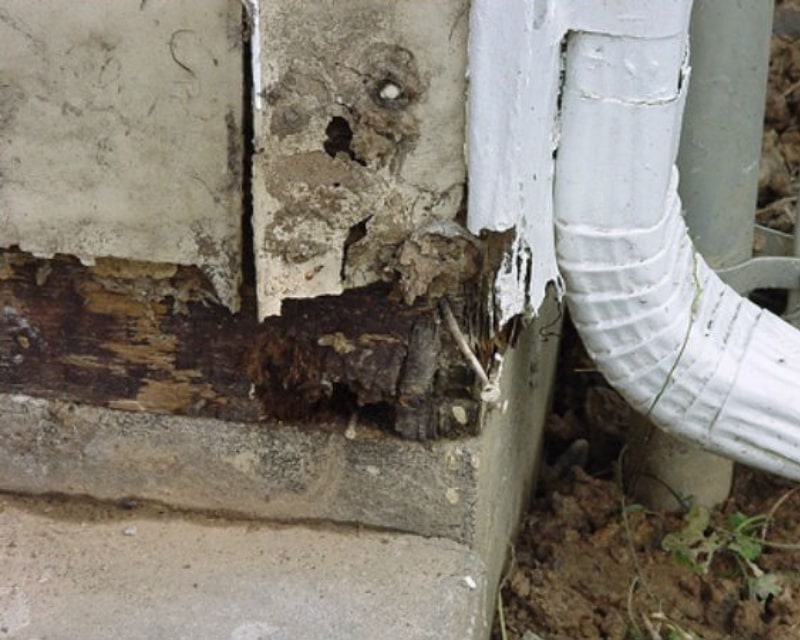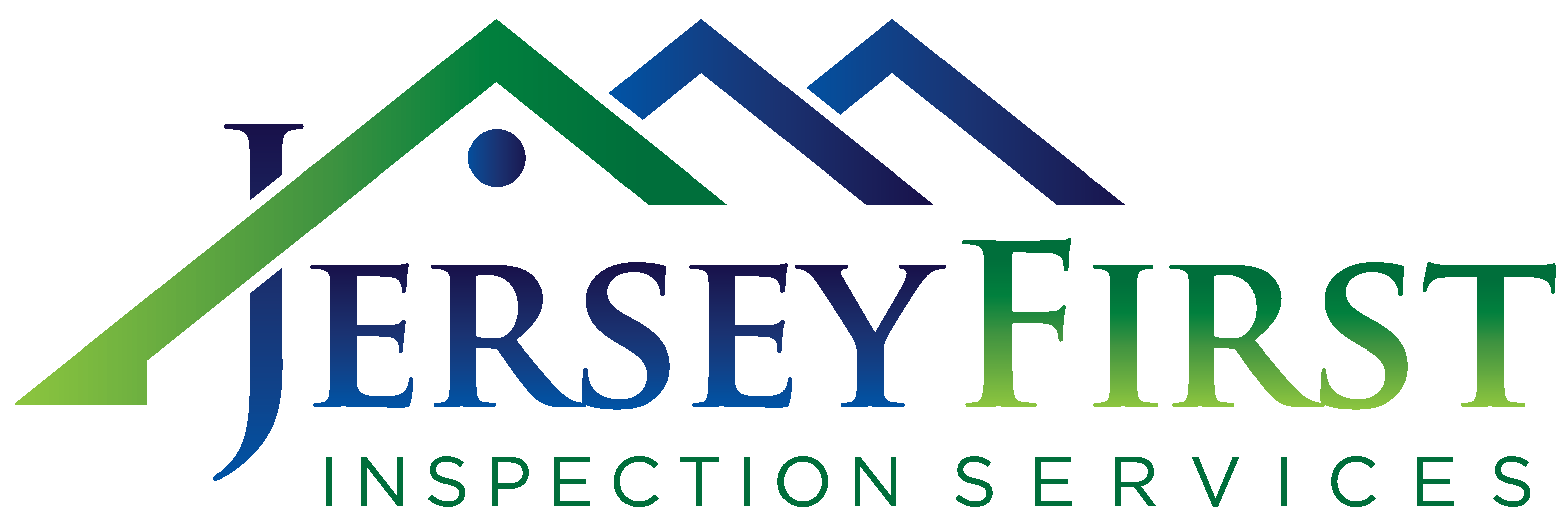Ancillary Home Services
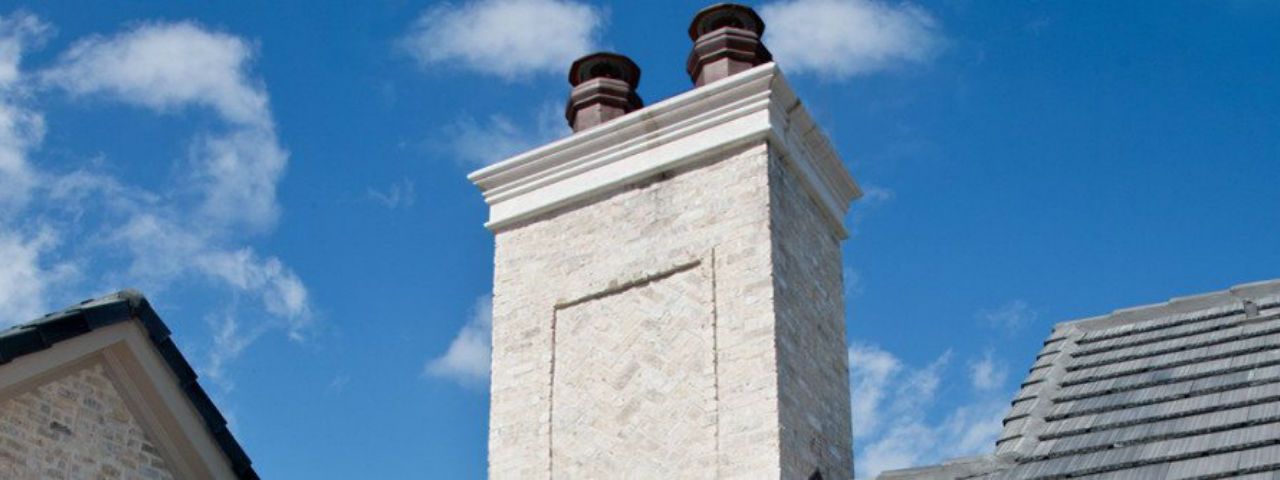
At Jersey First Inspection Services, We’re Here to Provide the Following Inspections
To make your home a safer place. We offer our services to clients in and around Somerset, New Jersey.
Chimney Inspection
A fireplace brings to mind images of comfort, warmth, and safety. There is little that compares to the relaxing feeling of sitting by a warm fire in the comfort of your home on a cold night. But, as responsible homeowners, we must never take fire safety for granted.
Before you use your fireplace, it is critical that you have a chimney inspection so that you can be sure that your chimney is not a fire hazard. Our inspection levels are classified by the National Fire Protection Agency. They are standard and certified procedures.
Level 1 Chimney Inspection
This is the most common type. If you use your fireplace regularly without experiencing any problems, this inspection is appropriate. Here, we will examine the readily accessible portions of your chimney. We will then perform a visual examination and flue to make sure that the basic structure is intact and that there are no visible signs of damage. After this, we will verify if there is nothing harmful found inside.
Level 2 Chimney Inspection
This type is required if you are making any changes in the way you use your chimney or if any accidents have happened to it. These changes include hanging the type of fuel used and relining the flue. This is ideal for building fire, chimney fire, or an earthquake.
With this service, we will provide a visual examination plus some additional work. This includes inspection of the attic, crawlspace, and other accessible areas. A video camera will be used to examine the flue and check for cracks or damage to the joints in the chimney’s structure.
Radon Inspection
This is needed for residential and commercial buildings that use continuous electronic monitors. The electronic continuous monitor takes readings every 4 hours during the test period. This provides a printout of how the radon changes in the structure. Every home regardless of age, foundation type, or existing mitigation system should be tested for radon gas.
This is a naturally occurring radioactive gas and decay product of uranium found in soil. It can be harmful to you and your environment if it is not addressed.
The DEP has concluded that radon is a statewide health issue in New Jersey. There is a particularly uranium-rich geological formation called the “Reading Prong” where high indoor levels of radon gas exist.
This is dangerous because it cannot be detected by the average human for it is invisible and odorless. In addition to this, Radon can move easily through soil and tiny cracks in rocks. They can attach to other particles such as dust and cigarette smoke which can be inhaled and become trapped in your lungs. These decay products can damage lung tissue which can lead to serious issues such as lung cancer.
Since this cannot be detected by the naked eye, it’s important to get a test. This is the only way you will be able to detect its presence and measure its severity level.
The higher the levels of radon gas in a home, the greater the amount that can be inhaled. Just as radon is produced from the decay of radioactive materials, it further decays, producing new radioactive materials in the form of solids. These radon decay products can attach to other particles, such as dust and cigarette smoke, which can be inhaled and become trapped in the lungs where they emit radiation. These decay products can damage lung tissue and increase the risk of developing lung cancer. The risk of lung cancer from a given exposure to radon is greater for a smoker than a non‑smoker.
Lung cancer is the only known health effect linked to radon exposure at this time. The EPA estimates that between 15,000 and 22,000 of the 125,000 annual deaths from lung cancer may be attributable to radon exposure. In New Jersey, of the annual 4,700 lung cancer deaths, as many as 140-250 may be associated with radon exposure. These estimates of cancer risk from radon exposure are less than those caused by smoking but are far greater than the number of cancers estimated to occur as a result of exposure to other environmental hazards such as toxic chemicals in drinking water or pesticide residues on food.
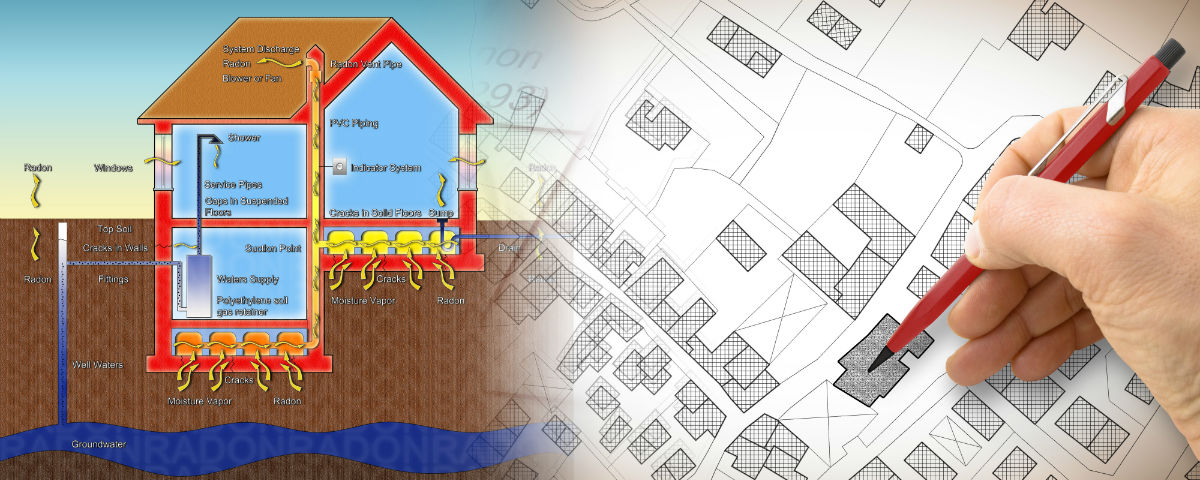
Sewer Scan Inspection
Only a few first-time homebuyers consider a sewer scan inspection prior to buying a home. Typically, your licensed home inspector inspects the structure, HVAC, electrical, and plumbing. However, a sewer inspection is something homebuyers don’t typically think about.
A sewer scan inspection should be one of the most important inspections that you, as a property buyer, should consider because it offers an assessment of whether obstruction, cracks, offset/broken sections, sagging, or tree root intrusion are present in the piping.
At Jersey First Inspection Services, we specialize in this type of inspection. We do this by using a small camera on the end of 100′ fiber optic cable to look at the pipe that runs from the inside of the house to the city sewer at the street. Our scans are mess and cleanup free. We can also do the entire process in a quick span of less than 20 minutes.
Termite Inspection
Whether you are a happy homeowner or you are buying or selling a home, Jersey First Inspection Services can provide you a termite and general home inspection. When conducting this, we look for evidence of all types of pests. We will provide a thorough inspection of the interior and the exterior of your structure, as well as your attic, roof rafters, and your crawl space to determine if there is any damage to the home.
Learn More About Termites
They are destructive feeders that cause more damage to homes than storms, fires, and earthquakes combined. Once termites find an avenue of entry into your home, it is a virtual all-you-can-eat buffet with any wood product on the menu. Lumber, doorframes, wood panels, flooring, sheetrock, wallpaper, books, fabric made of plant fibers, and furniture are all fair game.
Termites also leave a chemical trail to let others in the nest know that food is near. Catastrophic events may make the evening news but when it comes to the worst annual widespread property damage, the silent destroyers, termites, are on top of the list.
The reproductive termites are winged adults called “Alates” or more commonly known as “Swarmers.” When they are triggered by warmer temperatures and rainfall, they leave their colonies in search of new nesting sites to expand their territory. Swarming season in New Jersey usually gets underway in March and, depending on temperatures, can last through May. Once these new kings and queens arrive at their destination, it’s all business. They pair off with a mate to reproduce and once mated, find a suitable nesting site to begin a life of reproductive bliss.
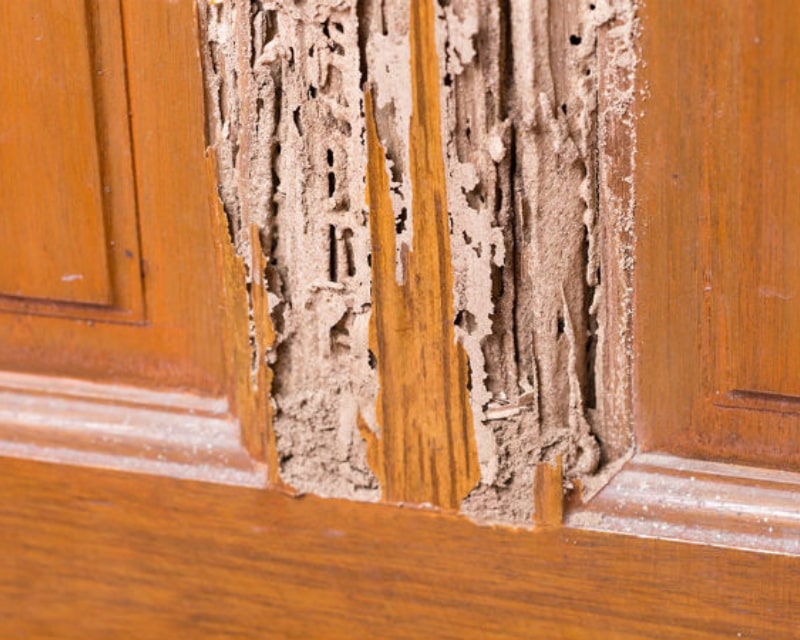
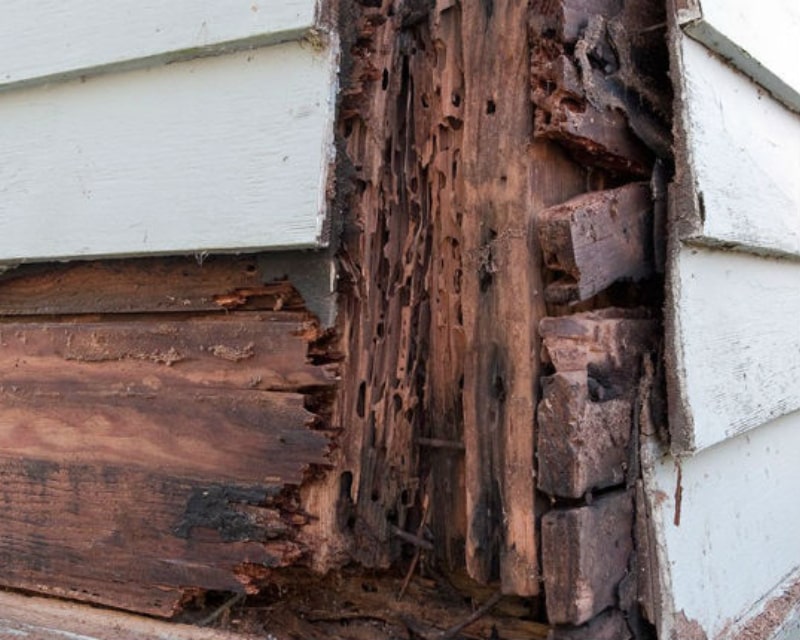
Why Do You Need a Termite Inspection?
If left untreated, termites can destruct a home over time. Termites typically remain hidden, and by the time the homeowner notices, the damage is greater.
We recommend annual termite inspections to ensure termite issues are found before the damage gets out of control. If you think your home or business has a termite problem, call Jersey First immediately to schedule an appointment.
How Can You Lessen Termite Infestations?
You can reduce these pests inside your home in your own way. First is to eliminate wood-to-ground contact. You can also eliminate the use of wood mulch around the foundation because mulch is a delicacy for termites.
Another thing you can do is to reduce moisture. Don’t allow moisture such as air conditioner condensation to accumulate near the foundation. Reduce humidity in basements with a dehumidifier and crawlspaces using a combination of encapsulation, sump pumps, and dehumidifiers.
The surest protection against termite infestation is to work with Jersey First Inspection Service. We can investigate and implement treatment barriers that will repel pests. Many homeowners have an inspection once when they buy their home and then never give it another thought. This is unfortunate because some preventative maintenance today can save a homeowner thousands of dollars in the long run.
